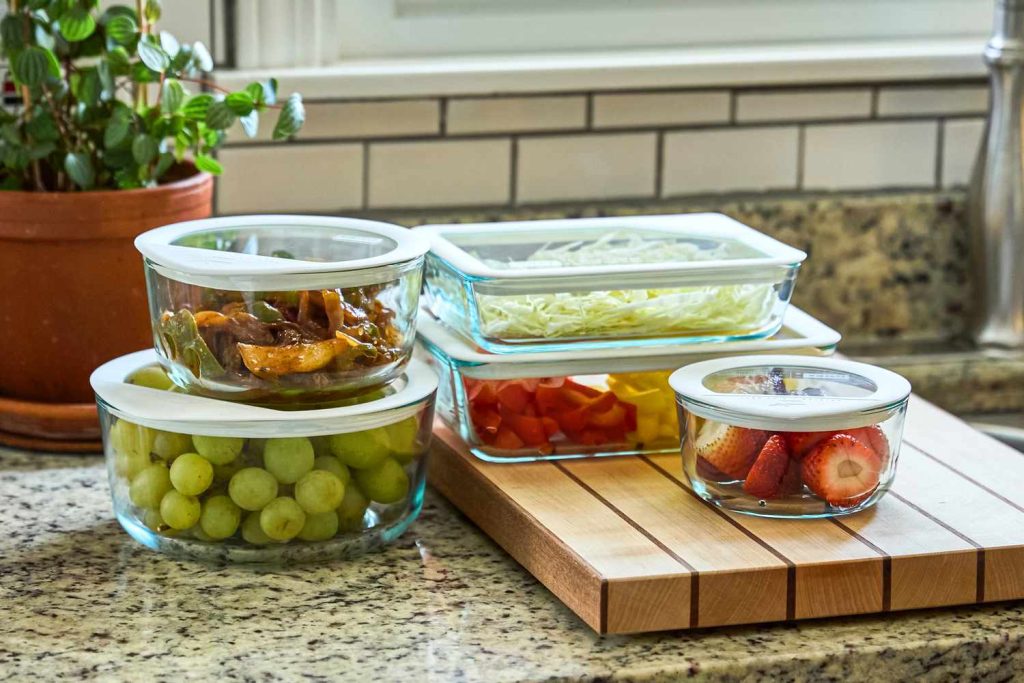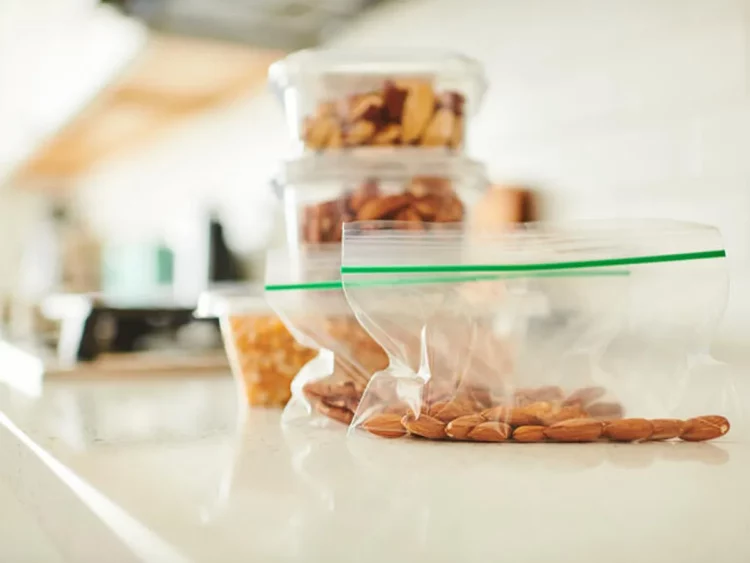Our homes often reveal more about us than we realize. Beyond décor and furniture, one of the most telling spaces about our daily habits and overall lifestyle is the pantry. That seemingly mundane cupboard of ingredients and snacks is a snapshot of how we eat, what we value, and ultimately, how we treat our bodies and minds. From the types of foods stocked to how organized or chaotic it is, your pantry can speak volumes about your priorities, routines, and health mindset. But what exactly does your pantry say about your lifestyle? And how can you use this insight to make a holistic reset that improves not only your eating habits but your overall wellness? Let’s take a deep dive into the pantry as a lifestyle mirror and a powerful tool for transformation.
Your Pantry: A Reflection of Eating Habits
When you open your pantry, what do you see? Rows of processed snacks and sugary cereals, or neatly arranged boxes of whole grains, nuts, and spices? Do you stock mostly convenience foods, or do you keep raw ingredients ready for cooking? The answer often reflects your current relationship with food.
People who lead busy, high-stress lifestyles frequently gravitate toward quick-fix snacks—chips, cookies, instant meals. These choices might signal a need for energy boosts, emotional comfort, or simply a lack of time to prepare wholesome meals. In contrast, those who prioritize health and mindfulness tend to stock their pantries with nutrient-dense staples: quinoa, legumes, herbs, nuts, and whole-grain flours. This indicates an investment in cooking from scratch, meal planning, and a desire to nourish the body thoughtfully.
Your pantry can also reveal your dietary preferences or restrictions—gluten-free flours, plant-based protein powders, or paleo-friendly snacks. These choices often correlate with broader lifestyle choices around ethics, sustainability, or personal wellness goals. Ultimately, the contents of your pantry serve as a real-time indicator of the nutritional foundation you build your day on.

Organization and Mindset: What Clutter or Order Reveals
Beyond the contents, the state of your pantry matters too. A cluttered, disorganized pantry may point to a hectic lifestyle where time and mental space for self-care feel scarce. It can also lead to food waste or unhealthy impulse eating, as forgotten snacks accumulate and healthier options get buried.
Conversely, a well-organized pantry often suggests intentionality, planning, and a certain calm in daily routines. When staples are easy to find and meals are planned around available ingredients, it reduces decision fatigue and encourages balanced eating. The mental clarity of an orderly pantry can mirror a lifestyle that values structure and wellness.
Simple habits like labeling containers, grouping foods by category, or rotating stock based on expiration dates are small acts of mindfulness that translate to bigger lifestyle benefits. They cultivate patience, attentiveness, and appreciation for the food you consume.
The Pantry and Emotional Eating Patterns
The pantry can also be a window into your emotional and psychological patterns with food. Do you find yourself reaching for comfort foods when stressed or lonely? Is your pantry filled with sugary snacks that you rarely touch when calm but binge on during emotional lows? Recognizing these patterns is the first step to reshaping your relationship with food from reactive to mindful.
By consciously curating your pantry with healthier snack alternatives—like dark chocolate, dried fruits, or nuts—you create a supportive environment for emotional wellness. This shift can lessen the power of cravings and build resilience against emotional eating triggers. Your pantry, in this way, becomes a partner in your mental health journey.
Sustainability and Ethical Choices in Your Pantry
Lifestyle is not only about personal health but also about environmental impact and ethical values. What you keep in your pantry can reflect your stance on sustainability. Stocking bulk grains, organic produce, and reusable packaging shows awareness of reducing waste and supporting eco-friendly farming practices.
Many are moving toward plant-based staples, minimizing processed foods, and choosing locally sourced or fair-trade products as part of a conscious lifestyle reset. This holistic perspective ties personal wellness to planetary health, making every pantry item a statement of values.
Tips for a Holistic Pantry Reset
If your pantry currently feels like a cluttered, unhealthy, or chaotic space, don’t worry—it’s never too late to reset. Here are some actionable tips to transform your pantry into a reflection of your best lifestyle self:
- Declutter and Assess: Remove expired or rarely used items. Take stock of what you have and identify which foods support your health goals.
- Plan with Purpose: Create a shopping list based on whole, nutrient-dense ingredients you enjoy. Focus on versatile staples like beans, whole grains, nuts, seeds, and dried herbs.
- Embrace Organization: Use clear containers and labels. Group similar items together to make cooking and meal prep easier.
- Mindful Snacking: Replace high-sugar, high-fat snacks with healthier options like air-popped popcorn, trail mix, or fresh fruit.
- Eco-Friendly Choices: Opt for bulk buying and sustainable packaging. Choose organic and local products when possible.
- Rotate and Refresh: Practice FIFO (first in, first out) to avoid waste. Regularly revisit your pantry to adjust based on seasonality and changing tastes.
How Pantry Habits Influence Broader Lifestyle
Resetting your pantry often catalyzes other positive lifestyle changes. With better ingredients at hand, cooking at home becomes more appealing, leading to improved diet quality. You may find yourself more energized, reducing the temptation for fast food or takeout. This can also translate to financial savings and reduced environmental footprint.
Moreover, the act of caring for your pantry encourages mindfulness that spills into other areas—regular meal times, better hydration, and a more balanced approach to indulgences. Over time, these habits reinforce a holistic sense of well-being that integrates physical, emotional, and environmental health.
Conclusion: Your Pantry as a Lifestyle Barometer and Opportunity
In the end, your pantry is much more than a storage space—it’s a mirror reflecting your lifestyle choices, values, and priorities. Whether it’s a source of stress or serenity, chaos or calm, it holds clues to your health journey. By tuning in and making conscious adjustments, you can transform this often-overlooked space into a powerful ally for holistic wellness. A reset of your pantry is, in essence, a reset of your relationship with food, your body, and the world around you. So open that door, take a good look, and ask yourself: What does my pantry say about me? And what story do I want it to tell next?

















































